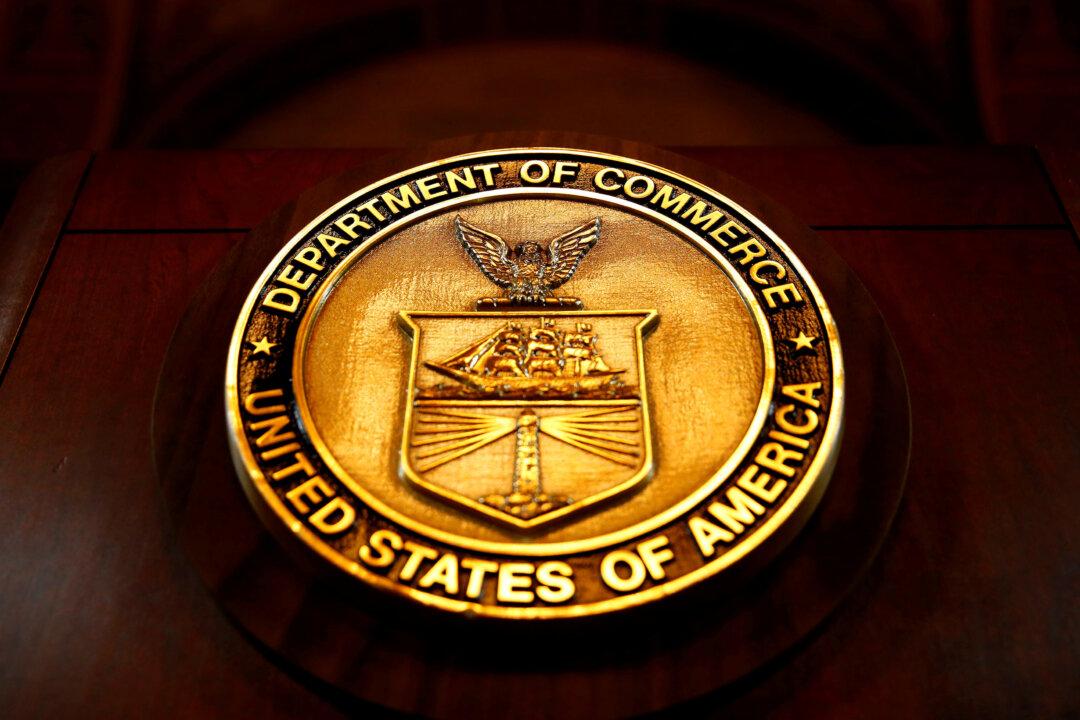U.S. officials have accused Seagate Technology Holdings of potentially violating export control laws by selling hard disk drives to a customer on a U.S. trade blacklist.
Seagate, which manufactures computer hard drives, announced in a filing with the U.S. Securities and Exchange Commission on Oct. 26 that it had received a “proposed charging letter” from the U.S. Commerce Department’s Bureau of Industry and Security on Aug. 29 (pdf).




